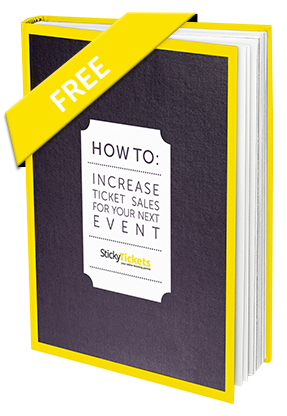Make Your Meetings More Productive

“Why do I even have to be here?” seems to be a common thought in the mind of meeting attendees…
Most people find meetings to be boring, painful and unproductive, and a poorly run meeting can not only waste time, but have a negative impact on staff motivation as well as productivity. Make your meetings more productive! Different meetings will each require a different approach, so a certain amount of flexibility is needed. There are however, certain factors which you always need to keep in mind, so following are some tips on how to make sure you can run a ‘board’ meeting and not a ‘bored’ meeting…
Set clear objectives. Make sure you have a clear, specific purpose for your meeting, and can answer quickly and easily, exactly what you would like to accomplish. A meeting with a vague purpose is always a recipe for disaster, and can be identified by attendees a mile away.
Invite the right people. Make sure you invite only those who need to be there- meaning those that can provide valuable information on the topic you are discussing, or those that will be affected by an announcement you are making. Inviting others will definitely affect productivity, wasting their time if they have no real purpose there.
Set an agenda. Set your agenda, and make sure you stick to it. You can contact influential people beforehand to identify issues to be addressed, then email the agenda to everyone involved, to allow them time to prepare. Do not allow the meeting to wander off track, or be hijacked by one person in particular. If you allow a certain time for one subject, stick to it- even if you have not completely resolved the issue. Ending a meeting when you actually said you would is a great way to impress attendees.
Keep focus and encourage participation. Put the agenda for the meeting up on the board- this will allow everyone to see where you are up to, and will help them keep focus. It’s a good idea to ask for phones and laptops not be used for the duration of the meeting, so they are not distracting from what you are discussing. Also remember that the information that your attendees have is your most valuable resource, so be sure to involve everyone and encourage participation. You will need to listen to what is said, as well as pay attention to what is not said, and address that-body language is very important. Some good questions to ask are “What’s your view?” “How do you feel about that?” and “How do you think we could…”
Follow up. It’s a good idea to send a follow up email after the meeting, highlighting what was discussed, and what was accomplished. If anyone has any tasks to do, you can list these as well, to make sure everyone is on the same page.
These are a few basic tips on making your meetings better, so that attendees can become energised and excited, rather than bored and disinterested. Please let us know of any other tips you have found, and best of luck with your meeting!



